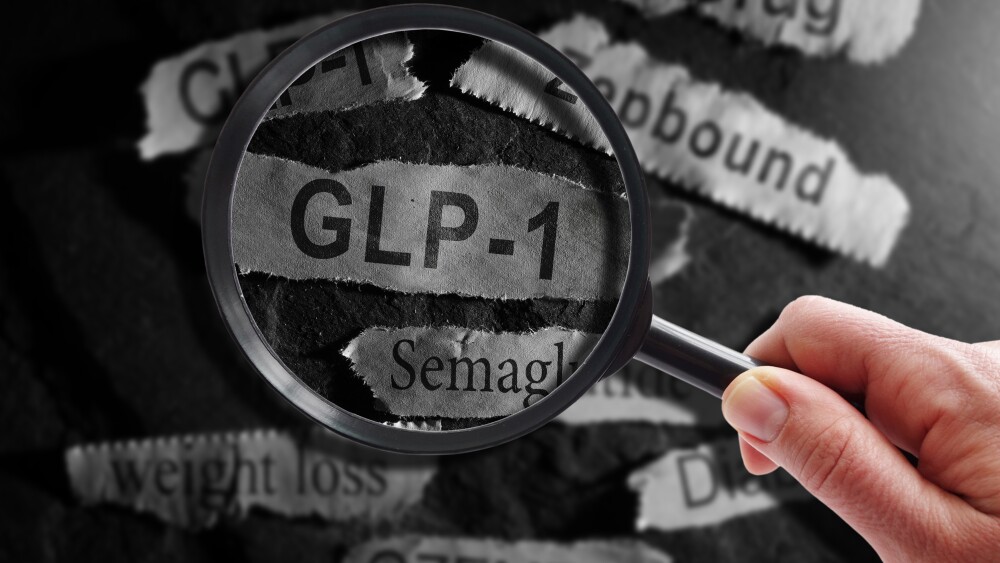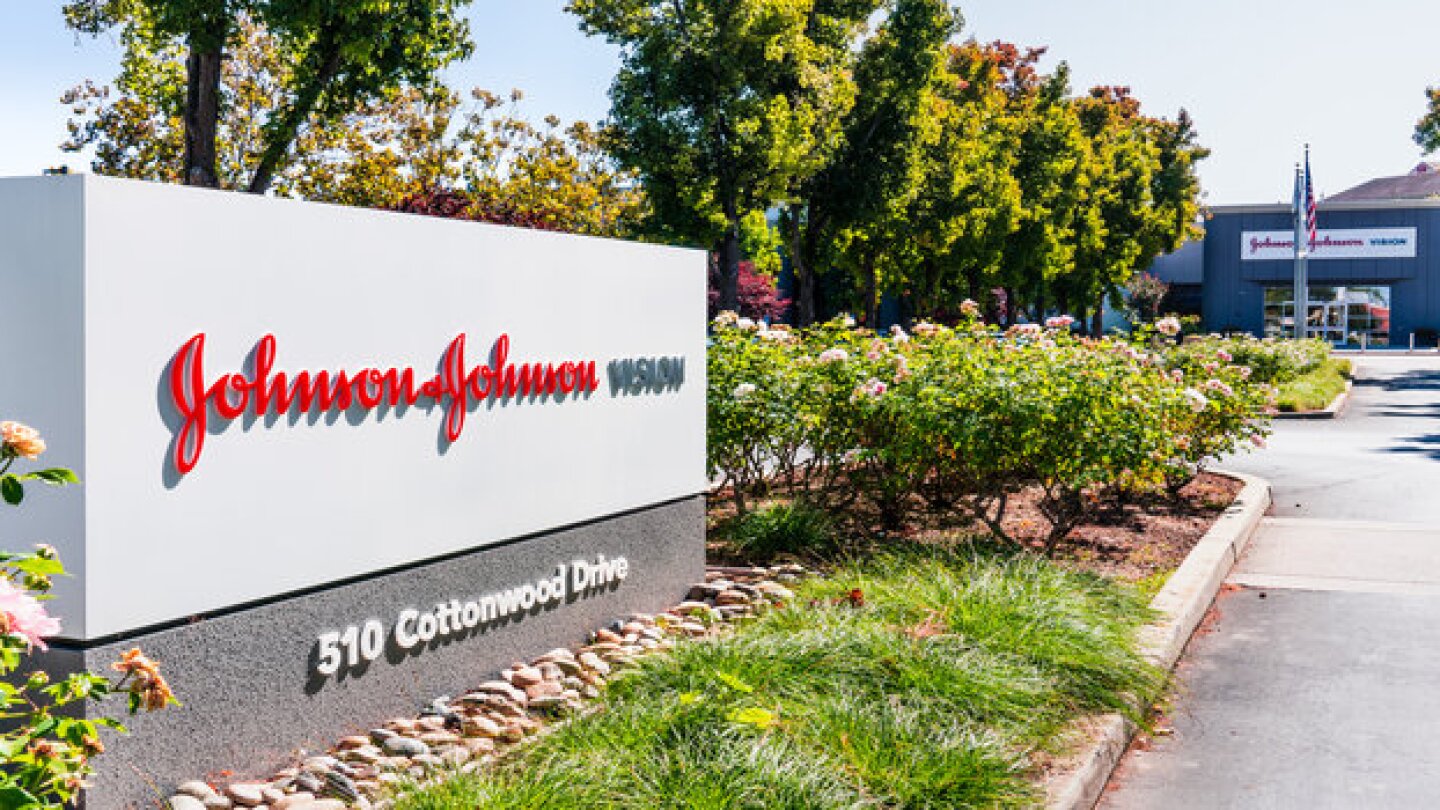News
The antibody anselamimab, which AstraZeneca picked up in its 2021 purchase of Caelum Biosciences, failed to improve survival and reduce hospitalizations, but the company sees promise in data from an unspecified patient subgroup.
FEATURED STORIES
As the industry awaits official word from the administration on how the tariffs will hit, analysts go over the possibilities with one certainty: there will be increased costs for medicines.
Wegovy and Zepbound are just the latest drug dyads to face-off in the competitive pharma market, continuing a legacy of rivalry that includes blockbuster drugs Keytruda, Humira and Eliquis.
Billions in market cap are being shed as the markets reel over President Donald Trump’s escalating trade war. Eli Lilly’s value has dropped more than $95 billion in just one month.
Job Trends
Bristol Myers Squibb (NYSE: BMY) today announced data from the cohorts of the Phase 1/ 2 KRYSTAL-1 study evaluating KRAZATI® (adagrasib) in combination with cetuximab for the treatment of patients with previously treated KRASG12C-mutated locally advanced or metastatic colorectal cancer (CRC).
FROM OUR EDITORS
Read our takes on the biggest stories happening in the industry.
The FDA has vowed to fix a pharma ad loophole—but they’re targeting the wrong one.
THE LATEST
Stifel analysts said the deal “feels like an unremarkable outcome for a company that was once one of the hottest stories in CNS.” Supernus’ offer beats Biogen’s unsolicited bid of about $7.22 per share, which arrived with a thud in late January.
Analysts at Truist Securities called J&J’s CAR T readout “compelling,” noting that the efficacy figures could position the cell therapy as a formidable competitor to the current standard of care, Gilead’s Yescarta.
According to an internal email, the agency may be in for more consolidation in areas including human resources, communications, travel and acquisitions.
Sarepta’s shares crashed 41% in premarket trading Monday morning to $21.01 after the biotech reported a second death from acute liver failure, a known side effect of adeno-associated virus-based gene therapies.
AstraZeneca, Pfizer and more are leveraging the computational power of AI to better design trials, predict the potential efficacy and safety profiles of their molecules and synthesize massive multi-omic information to gain a more complete understanding of challenging cancers.
While cancelled NIH grants and regulatory uncertainty are less hospitable to clinical research in the U.S., Europe must play its cards right to attract more studies.
Later this month, HHS Secretary Robert F. Kennedy Jr.'s revamped CDC vaccine advisory committee will discuss RSV vaccination guidelines for the newly approved patient group, high-risk adults 18 through 49. Analysts and other experts have warned that the new panel includes some who have documented anti-vaccine sentiments as well as those who have spoken out against mRNA technology specifically.
Friday’s deal with CSPC fits neatly within AstraZeneca’s business development strategy of upping investments in AI and in China.
Martin Kulldorff and Robert Malone, both outspoken vaccine skeptics, have received compensation for their expert participation in various vaccine-related cases against Merck.
The FDA’s Oncologic Drugs Advisory Committee narrowly voted against the approval of Zusduri, citing the lack of a completely randomized study to back up the application.

















